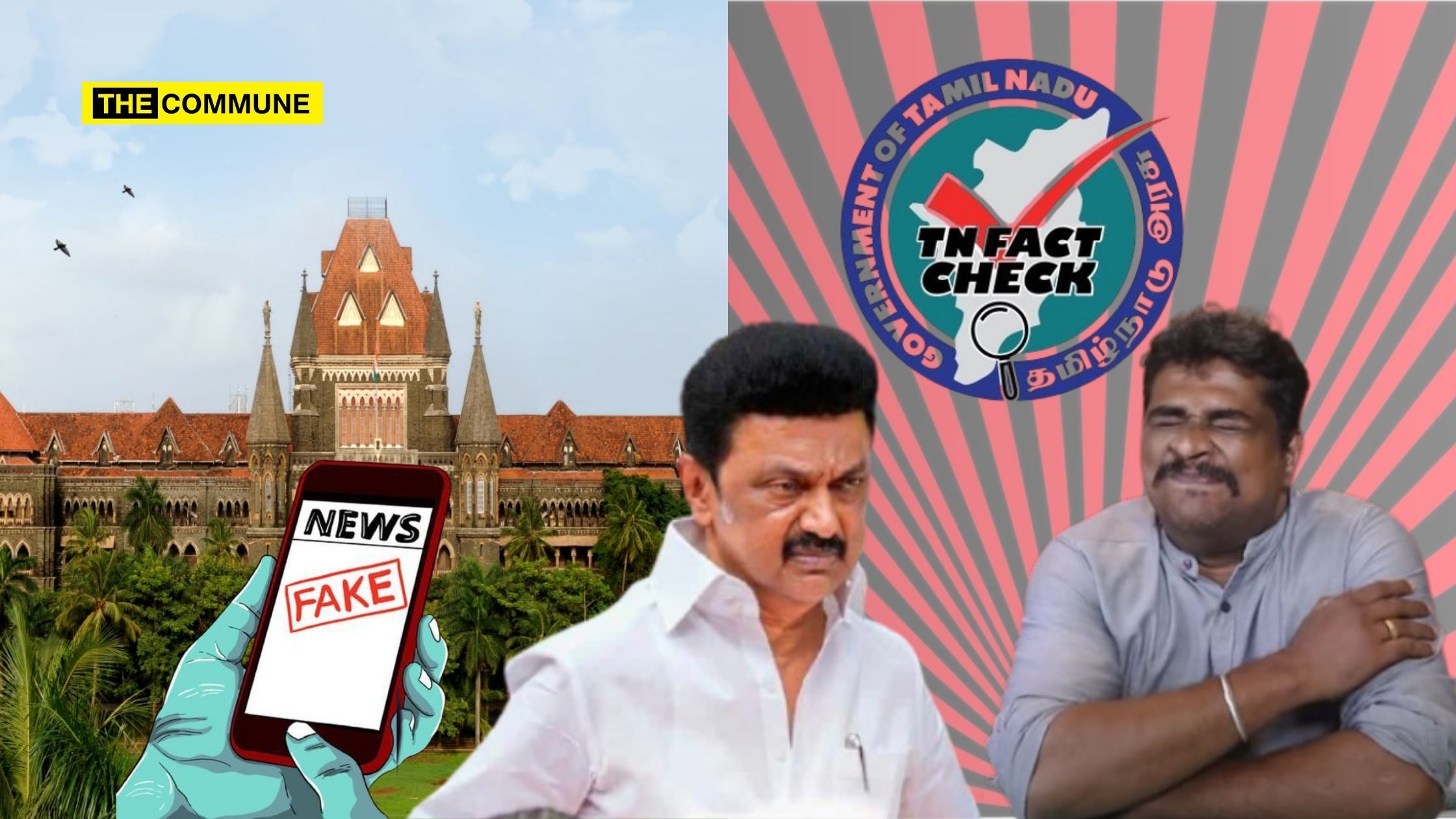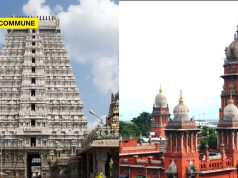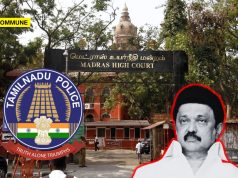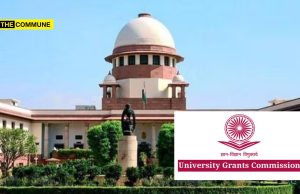
The Bombay High Court has declared unconstitutional a provision of the amended IT Rules, 2021, that allowed the government to establish a “Fact Check Unit” (FCU) to identify “fake news” on social media. This ruling follows a split decision from January 2023, where Justices Gautam S. Patel and Neela Gokhale disagreed, leading to a 2-1 final verdict. While Justice Patel struck down the rules, Justice Gokhale upheld them. Justice Atul S Chandurkar’s decision now effectively sides with Patel, ruling against the amended provision.
The disputed rules were part of the IT (Intermediary Guidelines and Digital Media Ethics Code) Amendment Rules, 2023. They expanded the scope of “fake news” to cover content related to government affairs. Under these rules, if the FCU identified such content, social media platforms were required to remove it to maintain their “safe harbour” protections. The rules sparked concerns about free speech, as critics argued that they granted the government unchecked power to determine what constituted fake news.
Following a split decision in January, the case was referred to Justice Chandurkar, who took over in February. Although the Centre had notified the FCU in March, the Supreme Court intervened, halting its operation until the Bombay High Court delivered its final judgment.
The petitioners, including comedian Kunal Kamra and media organizations like the Editors’ Guild of India, challenged the rules, arguing they violated constitutional rights. The Centre, however, defended the rules, stating they targeted only false information about government affairs, not criticism or satire.
Justice Chandurkar ruled that the amended provision violated Articles 14, 19(1)(a), and 19(1)(g) of the Constitution, which protect equality before the law, freedom of speech, and the right to practice a profession. He argued that the terms “fake, false, or misleading” were too vague and broad, and that the government’s role as the sole arbiter of truth was an overreach. Moreover, he noted that threatening social media intermediaries with the loss of legal immunity created a chilling effect on free speech.
This ruling is significant as it impacts not just the central government’s FCU, but also similar units set up by states like Karnataka and Tamil Nadu.
In a related controversy, the DMK government in Tamil Nadu has faced criticism for its establishment of a state-run FCU. Critics allege that this unit, headed by YouTuber Iyan Karthikeyan, was created without transparency and is aimed at cracking down on dissent. Concerns have been raised about the lack of public notice for job recruitment and potential favoritism in appointments, sparking allegations of suppressing free speech and to cover-up government fallacies. A public interest litigation (PIL) has been filed against the unit in the Madras High Court, challenging its constitutionality.
Subscribe to our channels on Telegram, WhatsApp, and Instagram and get the best stories of the day delivered to you personally.




